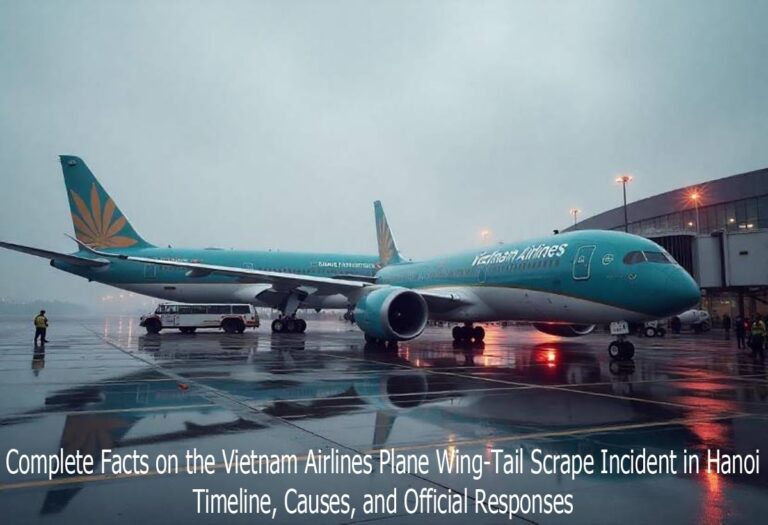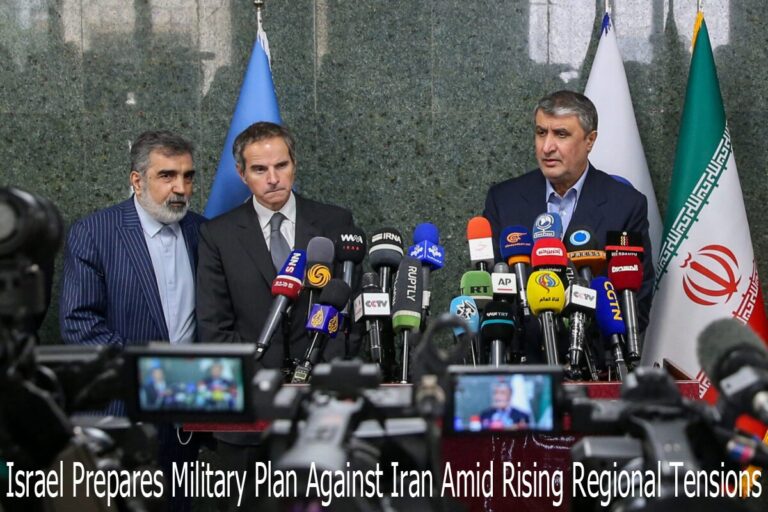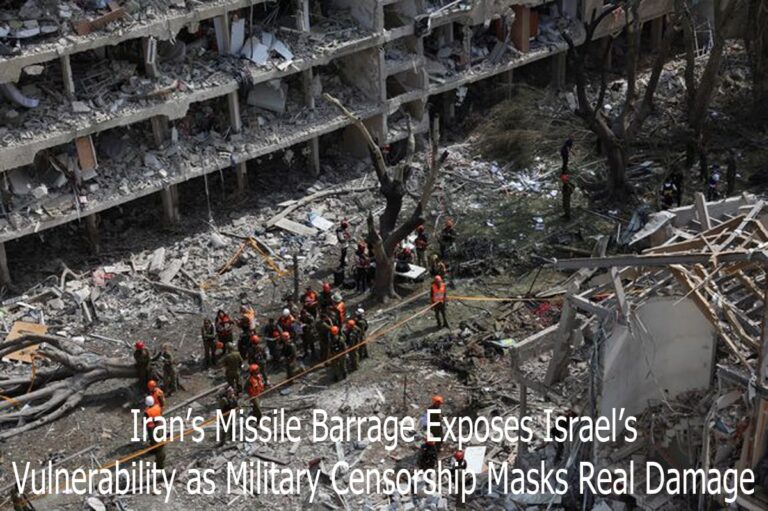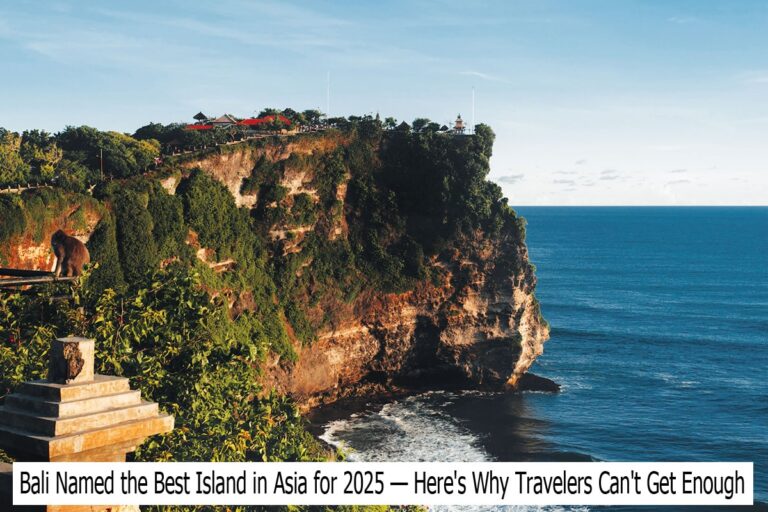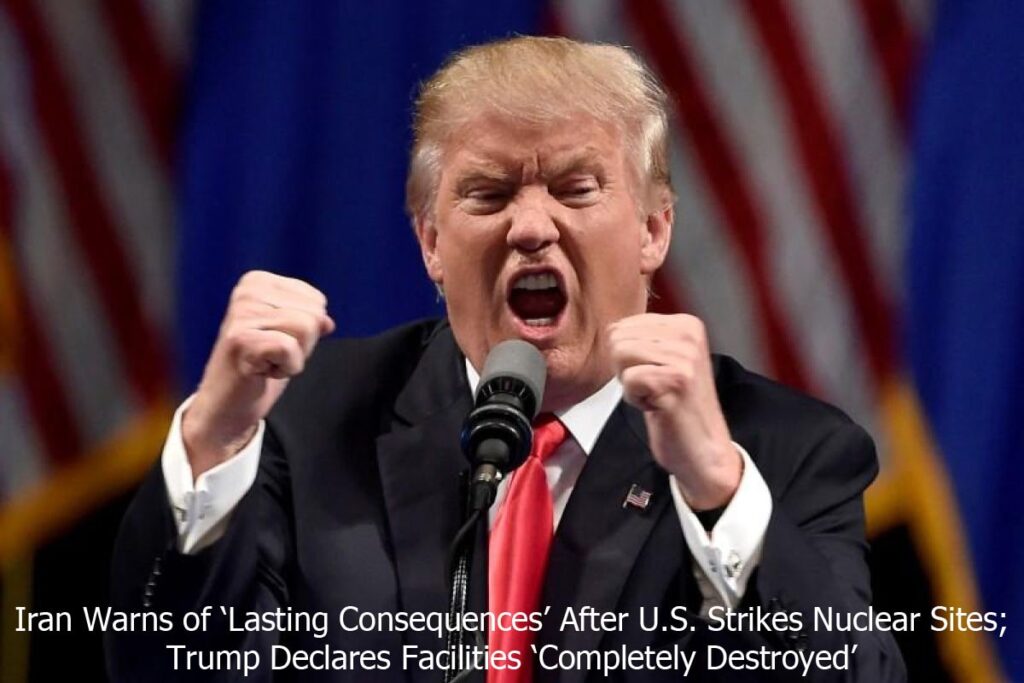
Iran Warns of ‘Lasting Consequences’ After U.S. Strikes
Tensions between the United States and Iran have escalated sharply following a series of coordinated U.S. airstrikes on three of Iran’s main nuclear facilities. Former President Donald Trump declared on Friday that the attacks, conducted with precision bunker-buster bombs and cruise missiles, had “completely and totally destroyed” the sites, including the heavily fortified Fordow enrichment facility.
In a televised statement, Trump praised the operation as a “spectacular military success” and issued a stark warning to Iran: “You can choose peace now, or the next strike will be far greater and much easier to execute.”
The strikes mark a major shift in U.S. involvement in the ongoing conflict between Israel and Iran, which erupted into open hostilities earlier this month. Trump emphasized that the U.S. was acting in coordination with Israel, saying the two nations were “operating as one team to eliminate the Iranian threat.”
Details of the Strike
According to U.S. military sources, six B-2 Spirit stealth bombers dropped multiple GBU-57A/B Massive Ordnance Penetrators—known as “bunker-busters”—on the Fordow nuclear facility, located deep within a mountain near Qom. Simultaneously, over 30 Tomahawk cruise missiles were launched from U.S. Navy submarines in the region, targeting Iran’s Natanz and Isfahan enrichment centers.
Trump specifically singled out Fordow in his speech, calling it “the crown jewel of Iran’s nuclear ambitions” and claiming it had been “wiped off the map.”
Iran Vows Retaliation
Iran reacted swiftly and strongly to the announcement. In a statement posted on X (formerly Twitter), Iranian Foreign Minister Abbas Araqchi condemned the attacks as “reckless aggression” and warned of “lasting consequences” for U.S. interests in the region.
Ayatollah Ali Khamenei, the Supreme Leader, had earlier issued a warning that any military attack by the United States would do “irreparable harm.” Friday’s strike appears to have crossed that threshold.
Although Iranian state media downplayed the damage, claiming the nuclear facilities had been evacuated before the attacks, many observers view this as an attempt to maintain public morale amid rising tensions.
Local sources in Tehran reported increased security and military movement following the announcement, as well as widespread concern over possible escalation.
Background: Escalating Conflict
The latest strike follows a week of growing hostilities in the Middle East. On June 13, Israeli fighter jets carried out a surprise strike on several Iranian nuclear and military installations, citing imminent threats from Tehran’s nuclear weapons program. Iran responded by launching hundreds of drones and missiles toward Israeli targets, causing significant damage in Tel Aviv and Haifa.
Until now, the United States had remained largely on the sidelines of the direct military exchange. Trump’s announcement of the strikes signals a major turning point and has raised fears of a wider regional war.
International observers note that the U.S. attacks appear to be both symbolic and strategic, aiming to cripple Iran’s nuclear ambitions while demonstrating American military might.
Global Reaction
The international community has expressed deep concern over the potential for further escalation. United Nations Secretary-General António Guterres labeled the U.S. strikes as a “dangerous escalation in an already volatile region” and urged both sides to show restraint.
Several European nations, including Germany and France, have called for an emergency session of the U.N. Security Council. China and Russia have chastised the United States in the meantime. action, accusing Washington of destabilizing the region.
Within the U.S., Trump’s announcement has drawn mixed reactions. Supporters hailed it as a decisive move to protect global security and support America’s allies. However, some members of Congress criticized the action, arguing that the former president had acted unilaterally without proper consultation.
What Comes Next?
Trump maintained that there are still “many targets” and that the U.S. military is ready to strike again if necessary, Iranian officials signaled they would not be deterred. Analysts warn that a retaliatory attack by Iran or its regional proxies—such as Hezbollah or militias in Iraq and Syria—could follow in the coming days.
Additionally, military analysts pointed out that even if the U.S. strikes, Iran’s ability to rebuild its nuclear program remains significant, especially if supported by sympathetic states.
“This may mark the beginning of a longer, more dangerous phase of conflict,” said Dr. Samira Hosseini, a Middle East security expert at the International Crisis Institute. “We are now in uncharted waters.”
